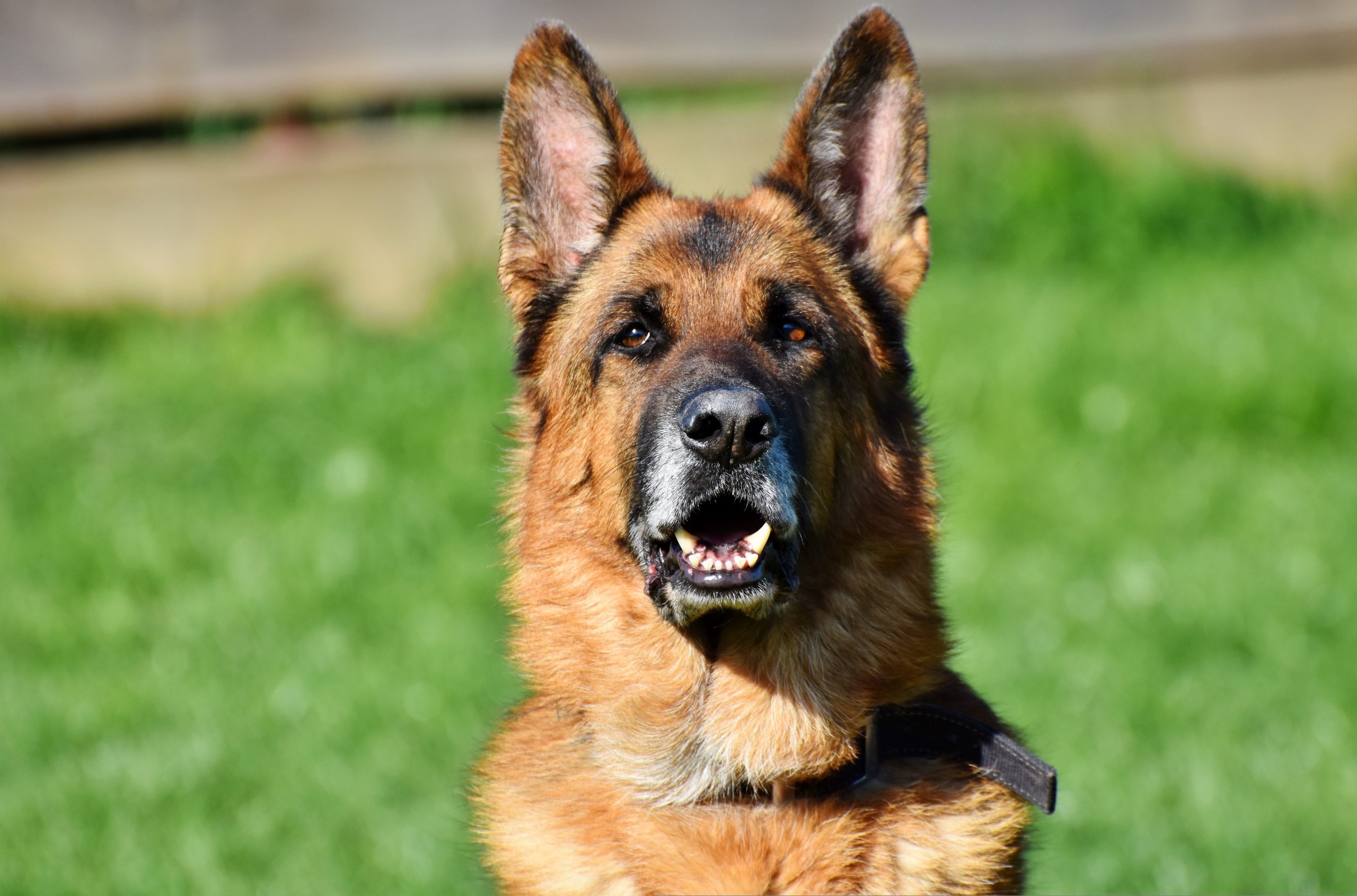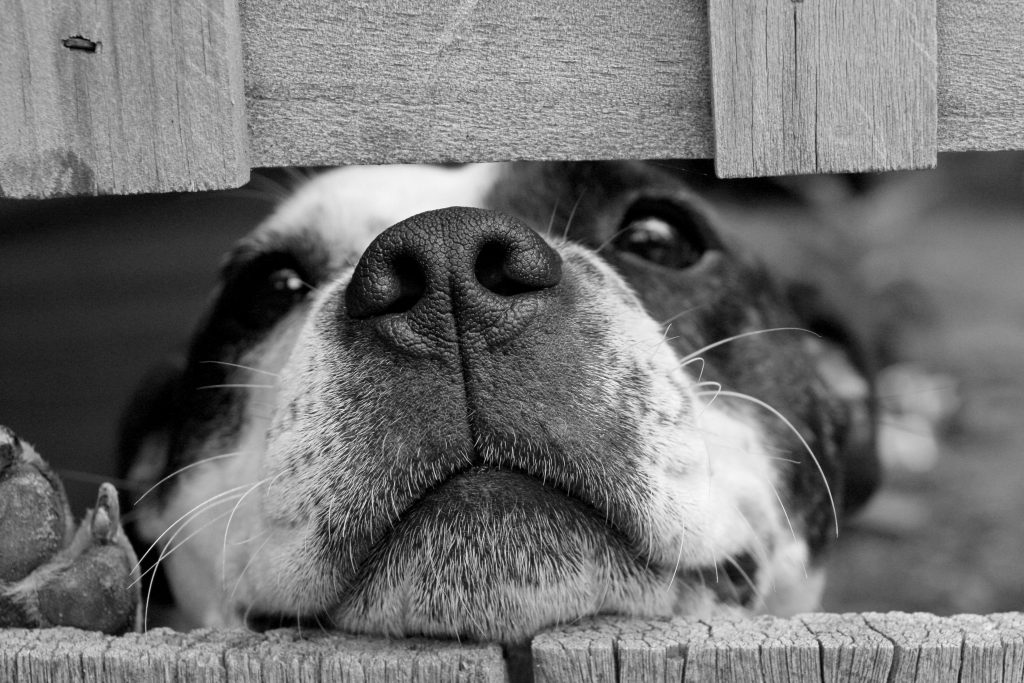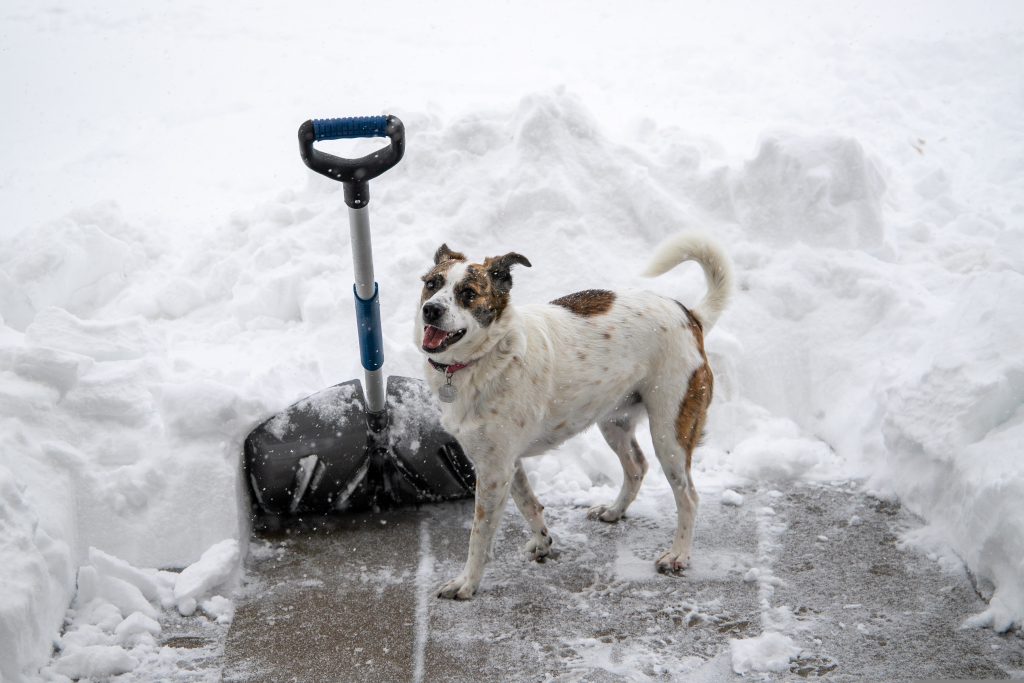While we often think of conditions like heart disease as human afflictions, our beloved pets can also suffer from various cardiovascular disorders. Cardiovascular disease in pets refers to a range of conditions that affect the heart and blood vessels, potentially leading to serious health complications if left undiagnosed or untreated. As responsible pet owners, it’s crucial to understand the different types of cardiovascular diseases, their causes, symptoms, and available treatment options.
Causes and Risk Factors
Several factors can contribute to the development of cardiovascular disease in pets, including:
- Genetics: Some breeds, such as Cavalier King Charles Spaniels and Boxers, have a genetic predisposition to certain heart conditions.
- Age: Older pets are at a higher risk of developing cardiovascular issues as the heart and blood vessels naturally age and deteriorate over time.
- Obesity: Being overweight or obese puts additional strain on the cardiovascular system, increasing the risk of heart disease and related conditions.
- Nutritional Deficiencies: Inadequate intake of essential nutrients, such as taurine (in cats), can lead to heart muscle weakening and failure.
- Underlying Medical Conditions: Diseases like hyperthyroidism, kidney disease, and certain respiratory disorders can increase the risk of cardiovascular complications.
Symptoms and Diagnosis
The symptoms of cardiovascular disease in pets can vary widely depending on the specific condition, its severity, and the organs or systems affected. Being aware of these potential signs and seeking prompt veterinary attention is crucial for early diagnosis and effective management. Some common symptoms to watch out for include:
- Coughing or difficulty breathing: Conditions like congestive heart failure or heartworm disease can cause fluid buildup in the lungs, leading to a cough or labored breathing, especially during exercise or activity.
- Exercise intolerance or lethargy: Pets with cardiovascular issues may exhibit a decreased ability to engage in physical activity or exercise due to reduced oxygen supply to the muscles. They may also appear excessively tired or lethargic.
- Loss of appetite: When the heart is not functioning properly, it can lead to a reduced appetite or disinterest in food, as the body’s energy requirements and nutrient absorption are affected.
- Swollen abdomen or limbs: Fluid accumulation, also known as edema, can occur in the abdomen, legs, or other areas of the body due to the heart’s inability to effectively circulate blood and fluids.
- Rapid or irregular heartbeat: Arrhythmias, or abnormal heart rhythms, may cause the heart to beat too quickly,too slowly, or in an irregular pattern, which can be detected by your veterinarian during a physical examination.
- Fainting or collapse: In severe cases, a pet may experience syncope (fainting) or collapse due to a sudden drop in blood flow to the brain, often indicating advanced cardiovascular disease.
Diagnosing cardiovascular disease often involves a combination of physical examination, diagnostic tests (such as chest X-rays, electrocardiograms, and echocardiograms), and blood work to assess overall health and identify any underlying causes.
Management for Cardiovascular Diseases
The treatment approach for cardiovascular disease in pets will depend on the specific condition, its severity, and any underlying causes. Treatment options may include:
- Medication: Various medications, such as diuretics, ACE inhibitors, and beta-blockers, may help manage heart conditions and alleviate symptoms.
- Dietary Changes: Specialized diets and nutritional supplements may be recommended to support heart health and address any deficiencies.
- Oxygen Therapy: In cases of severe respiratory distress or congestive heart failure, supplemental oxygen may be necessary.
- Surgery: For certain conditions, such as heartworm disease or congenital heart defects, surgical intervention may be recommended.
- Lifestyle Modifications: Weight management, exercise regulation, and stress reduction can play a crucial role in managing cardiovascular disease and improving overall heart health.
Prevention and Early Detection
While not all cardiovascular diseases are preventable, there are steps you can take to reduce your pet’s risk and increase the chances of early detection:
- Regular Veterinary Check-ups: Annual wellness exams can help detect early signs of heart disease and identify potential risk factors.
- Parasite Prevention: Keeping your pet on a regular heartworm prevention medication is crucial, especially in areas where heartworm is prevalent.
- Maintaining a Healthy Weight: Ensuring your pet receives proper nutrition and exercise can help prevent obesity-related heart issues.
- Genetic Screening: For breeds predisposed to certain heart conditions, genetic screening can identify potential risks and guide early monitoring and preventive measures.
Cardiovascular disease in pets can be a serious and potentially life-threatening condition. However, with early detection, proper treatment, and proactive management, many pets can live long, happy, and healthy lives. If you notice any concerning symptoms or have any concerns about your pet’s heart health, it’s essential to consult with your veterinarian promptly. Regular check-ups, a balanced diet, and a healthy lifestyle can go a long way in promoting cardiovascular well-being for your furry companion.




 Unlimited access and follow ups for continuous pet care
Unlimited access and follow ups for continuous pet care 








